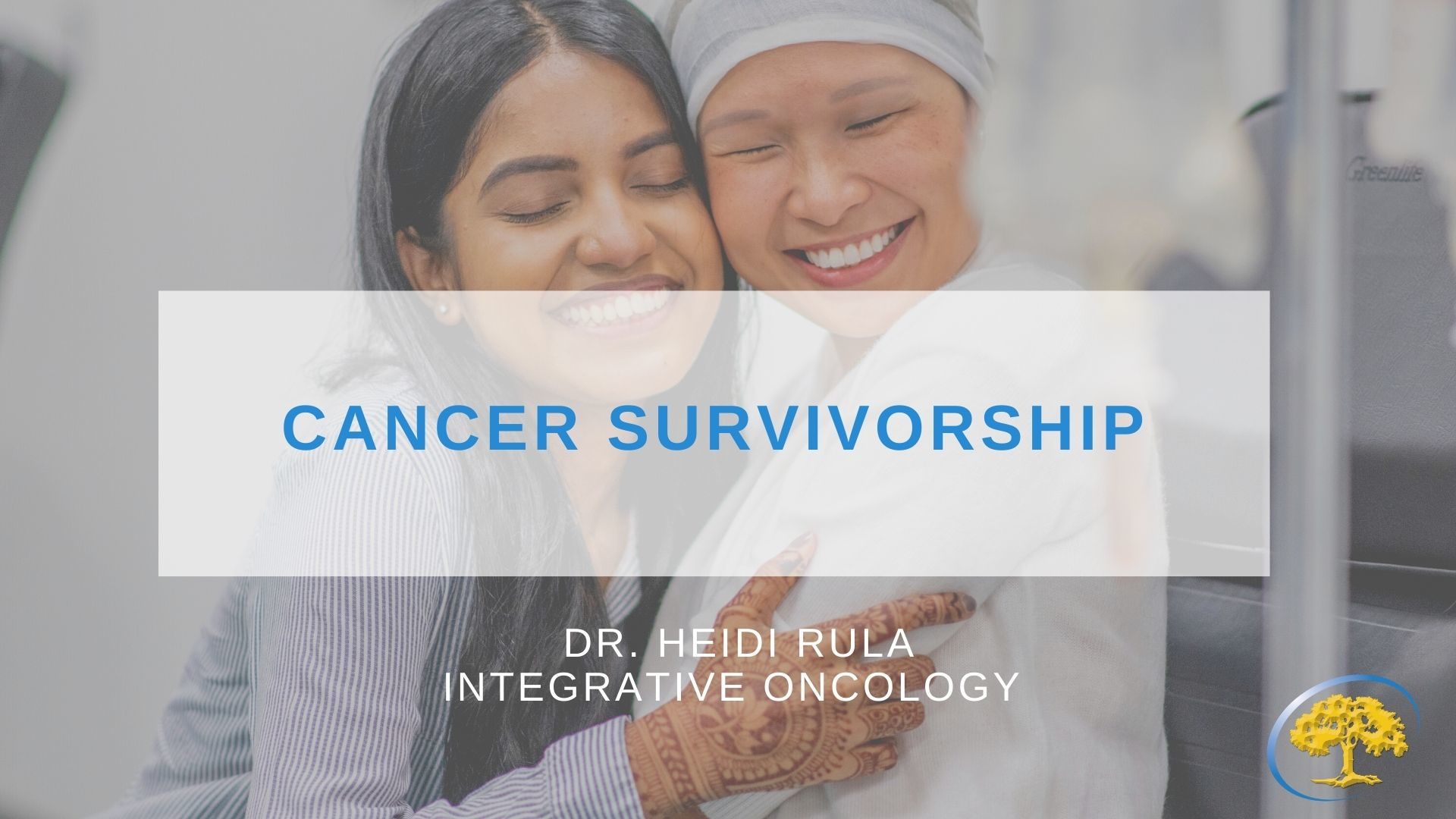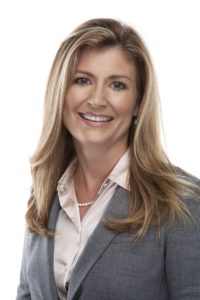
Posted 2 years ago
Cancer Survivorship
Cancer Survivorship
June is the month that we celebrate our cancer survivors with National Cancer Survivor Month. Whether you are still going through treatment or have completed treatment years ago, this month acknowledges the challenges and changes that cancer has created in the life of a person diagnosed with cancer.
How Many Lives are Affected?
It is estimated that there are approximately 17 million cancer survivors in the US and 400,000 in the state of Arizona alone. With these kinds of numbers, it is likely that cancer has touched the lives of most people, whether it be personally or through a family or a friend.
When Am I Considered a Cancer Survivor?
Many of my patients ask the question, “When am I considered a cancer survivor?” The idea of cancer survivorship means different things to different people. In general, cancer survivorship begins the day a person is diagnosed and continues for the rest of their life. It also includes individuals who are coping with cancer as a chronic illness or have had a recurrence of cancer. For the sake of post-treatment follow-up programs, many consider survivorship to begin when they have completed active treatment for their cancer.
Am I in Remission? Am I Cured?
Another common question that my patients have is “Am I in remission?” The National Cancer Institute defines remission as a state where the signs of symptoms of cancer are reduced or gone. A complete remission means that there is no evidence of cancer on any tests. This, many times, is also referred to as No Evidence of Disease (NED). A partial remission is also referred to as a partial response. This is defined as a significant reduction (at least 30%) of measurable tumors in the body in response to treatment. Once a patient remains in complete remission for at least 5 years, many physicians will then consider a patient cancer-free or cured of cancer. Most cancers will recur within the first 5 years after treatment, which is why 5 years is often used as a treatment benchmark. It is possible for a cancer to return beyond the 5-year window, because of this fact, some physicians will not use the term cure.
Taking Charge of Your Health
Once active cancer treatment is done, the number of medical appointments starts to spread out and there is more time now to focus on health and healing. It is a time when a cancer survivors can start taking charge of their health by making decisions about changes, they might want to make, in their life to optimize their health and to lower their risk of cancer recurrence.
Nutrition and exercise are two of the biggest areas a cancer survivor can make an impact on their risk of cancer recurrence. Following a Mediterranean diet, which includes eating plenty of colorful vegetables and fruit and minimizing processed foods, sugars, and red meat, can have a positive impact on cancer recurrence risk, lowering the risk of recurrence by up to 20-30% in some studies. Movement is also very impactful for cancer survivors. A recommended 3 hours of exercise a week has also been shown, in some studies, to lower the risk of cancer recurrence by up to 30%.
Avoiding harmful substances like tobacco and alcohol are also important changes a cancer survivor can make to help lower their risk of cancer recurrence.
Cancer impacts each person differently so each person’s journey after completing cancer treatment is unique. There are many available resources for cancer survivors to help them navigate cancer survivorship.
About Heidi Rula, M.D.
Medical Director Of The Supportive Care Services Department

Dr. Rula has played a key role in bringing integrative medicine to the Valley. She served as the medical director of the University of Arizona Integrative Health Center, where she leads a team of physicians and complementary practitioners in a unique model of integrative primary care that she helped to develop along with Dr. Weil and the UA Center for Integrative Medicine.
